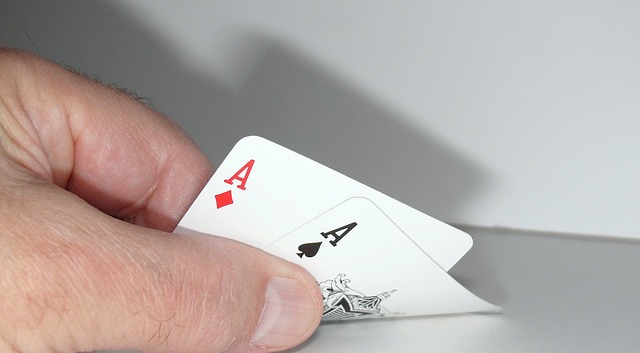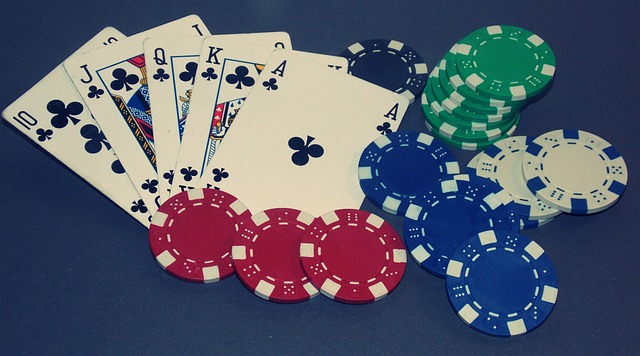When exploring online casino games, you’ll often see the term Return to Player (RTP) listed alongside a percentage. Many players glance at it, but few truly understand what it means—or how much it actually matters. While RTP doesn’t guarantee winnings, it does provide a statistical glimpse into a game’s potential payout over time.
So, does RTP really matter when choosing what to play? The short answer is yes—but only if you understand how it works and use it wisely. Let’s break down what RTP is, how it impacts your long-term odds, and when you should pay attention to it.
What Is RTP and How Is It Calculated?
RTP, or Return to Player, represents the average percentage of total wagered money that a slot or casino game is expected to pay back to players over the long run. For example, a game with an RTP of 96% is designed to return $96 for every $100 wagered—over millions of spins or hands.
It’s important to remember that RTP is calculated over a long period. It doesn’t guarantee you’ll win back 96% in a single session. A short-term session could bring huge wins—or quick losses—regardless of RTP.
The RTP is based on:
- Game design and payout structure
- Number of possible outcomes
- Frequency of wins and their size
It’s built into the software and monitored by licensing authorities to ensure fairness.
Why RTP Matters for Long-Term Play

Over time, higher RTP games generally offer better value for players. Here’s why:
- Lower house edge: A higher RTP means the casino keeps less of your money on average.
- Better bankroll preservation: Games with higher RTPs tend to deplete your funds more slowly, allowing for longer sessions.
- Increased winning potential: While not guaranteed, better odds improve your chances of walking away with a profit.
Let’s say you play two slot games—one with 94% RTP and one with 98%. Over 1,000 spins, the 98% game will statistically return more money to you, making it a smarter long-term choice.
This is especially important for grinders, bonus hunters, or players looking to get the most entertainment per dollar.
Short-Term Variance vs Long-Term RTP
One reason players underestimate RTP is because of variance—the short-term volatility in results. You might play a 97% RTP game and lose your entire balance in ten minutes, or you could hit a big win on a 92% RTP game. That’s variance in action.
In reality:
- RTP is a long-term average, not a promise.
- Each spin is independent and not influenced by past results.
- You could be lucky or unlucky regardless of RTP.
So while RTP matters, it’s not a predictive tool for any single gaming session. Instead, it’s a benchmark for making informed choices over time.
When RTP Should Influence Your Game Choice
RTP becomes more relevant depending on your playing style and goals:
1. Budget Players
If you’re working with a limited bankroll, high RTP games can help extend playtime. Look for games with RTPs of 96% or higher to get more spins for your money.
2. Bonus Wagering
When clearing wagering requirements, playing high RTP games reduces the house’s advantage—improving your chances of converting bonuses into real money.
3. Regular Gamblers
If you gamble frequently, RTP adds up. Choosing higher RTP games consistently can help reduce long-term losses.
That said, RTP isn’t everything. Game features, volatility, bet size, and personal preference also matter. A lower RTP game might offer massive jackpots or exciting features that appeal more to risk-takers.
How to Find RTP for Online Games

Most reputable online casinos provide RTP information within:
- The game’s info screen or paytable
- The casino’s game description page
- External reviews and comparison sites
If a game hides its RTP, that could be a red flag. Always look for transparency before committing funds.
RTP isn’t a magic number, but it is a valuable piece of the puzzle when playing online casino games. It gives you insight into a game’s expected payout and helps you make more strategic choices—especially if you play often or chase bonuses.
While luck will always dominate in the short term, smart players keep one eye on RTP to tilt the odds slightly in their favor. In the world of online gambling, every percentage point counts—so yes, RTP really does matter.
